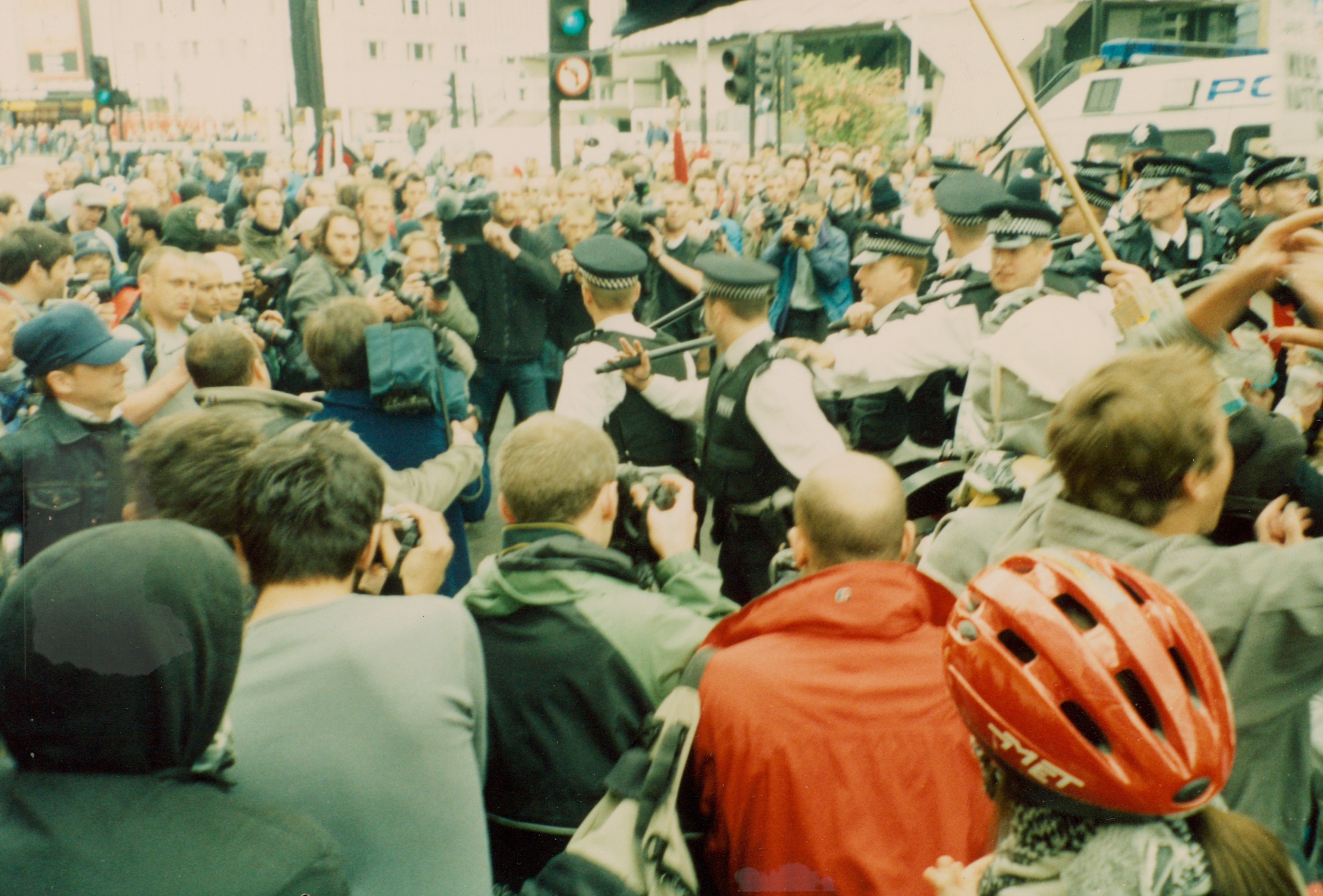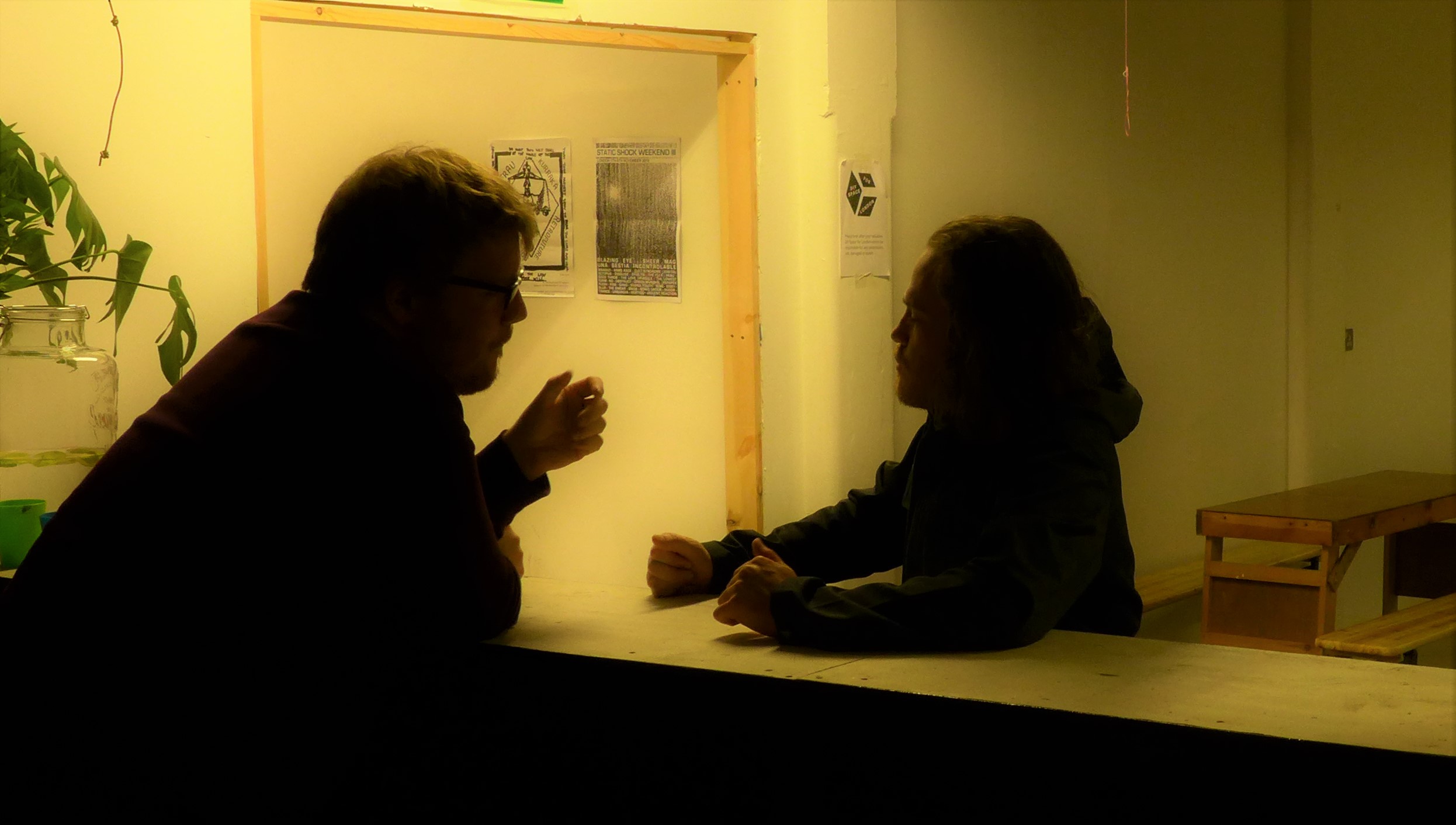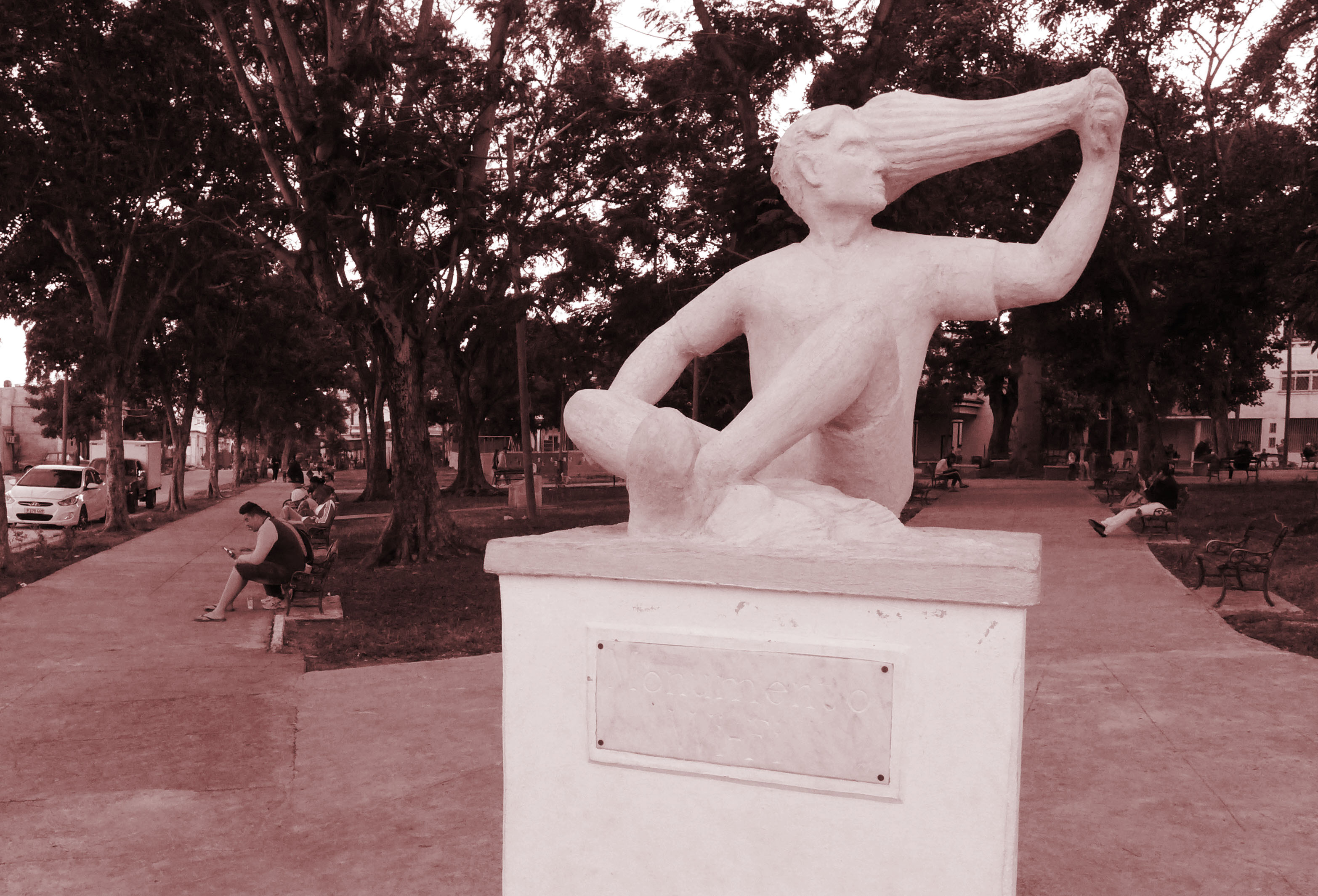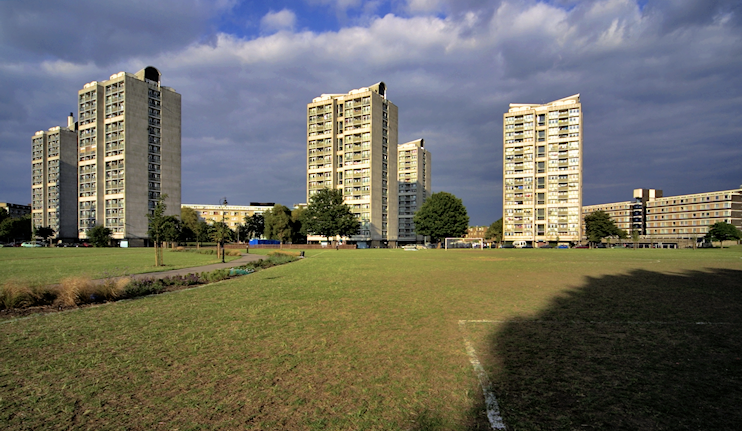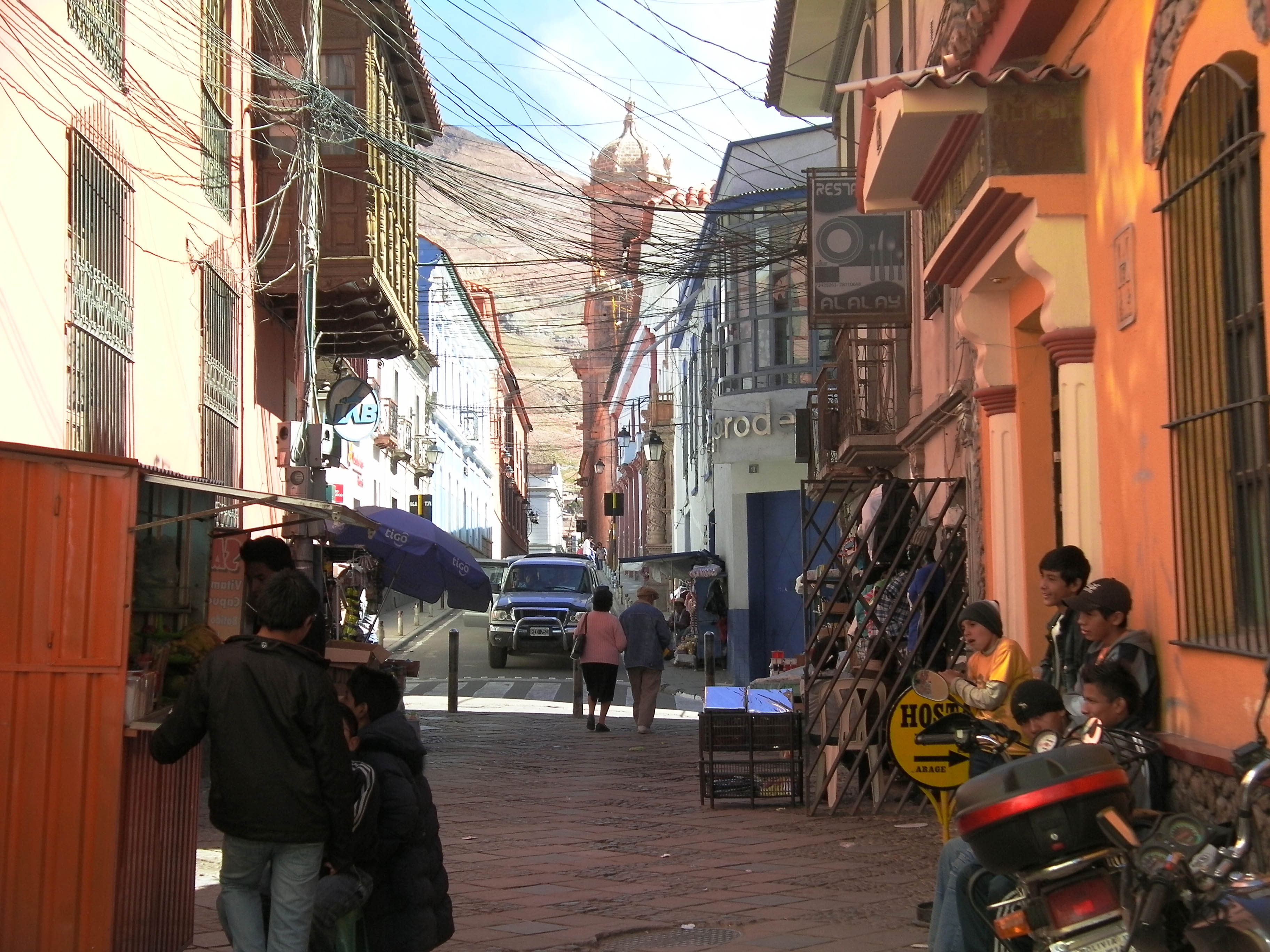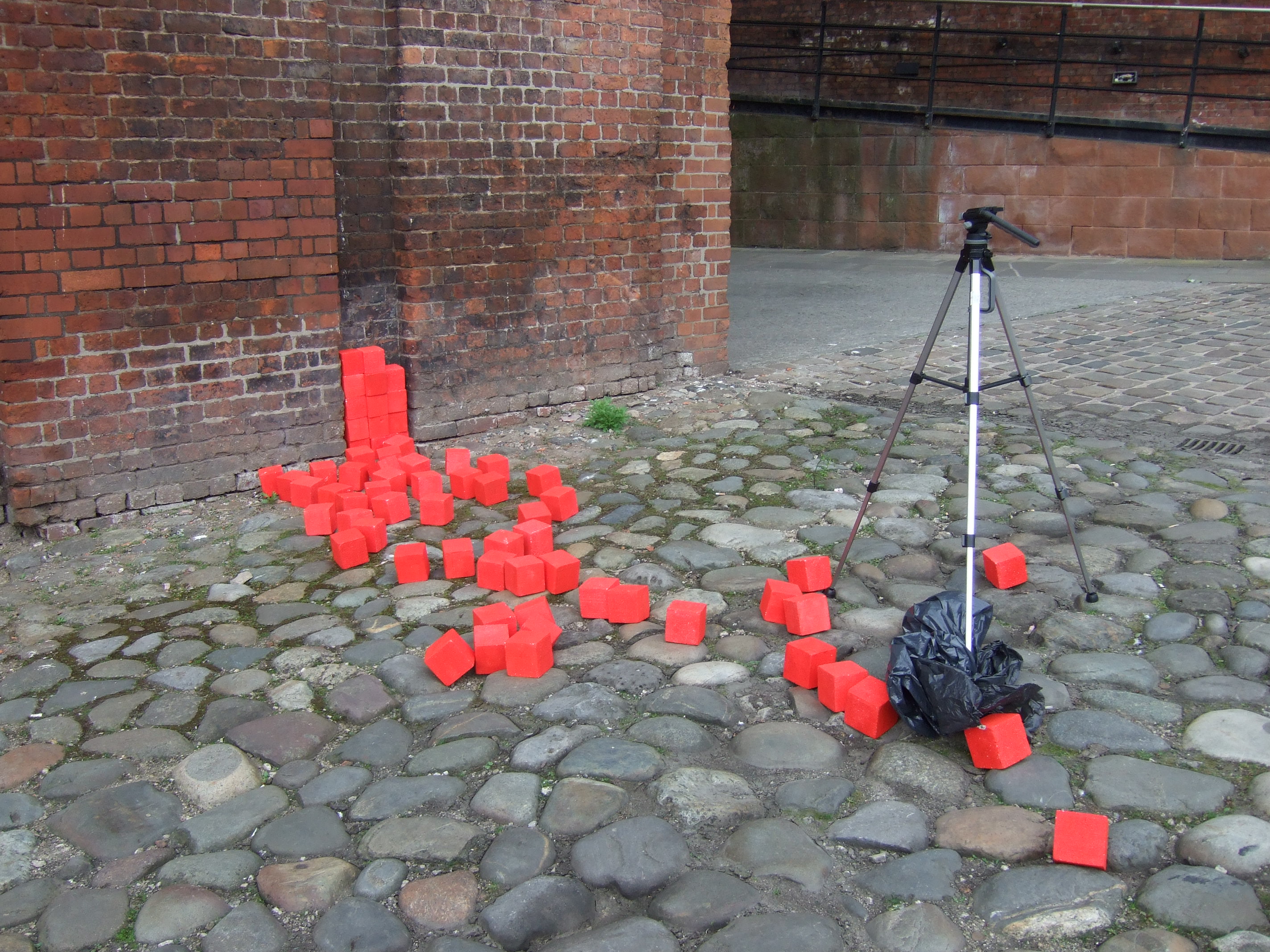I have been re-reading a classic of social movement studies ‘Poor people’s movements: Why they succeed and how they fail’ by Piven and Cloward. It has energised me a lot more than most social movement studies texts because it’s authors are very concerned with how to win. Their thesis was provocative in the 1970s and…
Organising to develop members: who to have 121s with
There isn’t much academic work on deepening the involvement of new members in a social movement organisation. Since I am doing some research around this I wanted to get beyond Hahrie Han’s ‘How organisations develop activists’, which while excellent, is limited by only a couple of case studies in fairly middle-of-the-road organisations. So I was…
A mental health check-in for activists
The world is messed up and that’s why a lot of people do politics. Saying the world is messed up is also a way of saying we are messed up. Our mental health needs constant attention and activist organisations don’t always pay enough attention to it. In fact when I searched recently for tools to…
Up the Quaggy: a coronavirus cycle ride
It was the first truly warm day of spring and the fourteenth day since the beginning of the coronavirus lockdown. For my government-mandated exercise I had been exploring by bicycle the Quaggy River, after which my housing co-operative is named. There was no particular reason to do this except for the arbitrary name of the…
The story of enclosures in Britain had a (sort of) happy ending – why don’t we talk about it?
The left in Britain has a great narrative of loss in the story of enclosures. The rich stole the land of the commoners, forcing them to be wage slaves at best, forcibly urbanised slumdwellers dying from disease at worst. The narrative was written strongly and passionately by Marx, and many of the best social historians…
The control gap: why we obsess about what we obsess about
Some of the most curious ideas a society develops will rarely be remarked upon. Once an idea is commonplace it becomes common sense. Perhaps the most curious idea that our society perpetuates – so normal that it is the theme of childrens’ cartoons or inspirational posters – is the idea that we can and should…
David Smail: Therapy doesn’t work (caveats apply)
David Smail, a dissenting psychologist writing in the 90s, was prone to making sweeping statements about the uselessness of therapy. This feels, I suspect, a little odd to most people who have had therapy and felt that it benefited them. However when you scratch beneath the surface of his contrarian statements some genuinely interesting points…
You exist within a network of care
We all exist within networks, and through these networks move material goods, information, power. The stuff-info-power network is easy to explain. What is less easy is to discuss the ways that stuff, information and power interact with each other. Life is complicated. We should probably complicate it even further. I think the landscape of care…
Nobody loves your data self
The dangers of big data have by now become apparent to all. Objectification of humans can now take place on a scale unseen in human history. The only organisations that can afford the costs of collecting and process big data about our lives are governments and large corporations. This means your existence has a kind…
Should distress lead to change of the interior or exterior world?
If you’re not having fun in life, is that because of something inside you, or something in the world outside? This is a discussion I and my therapist have had in various forms on numerous occasions. With an activist perspective I am prone to putting the blame for my distress on the outside world and…
